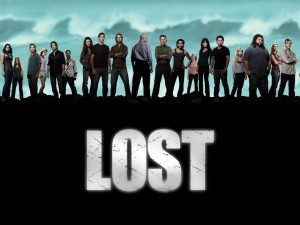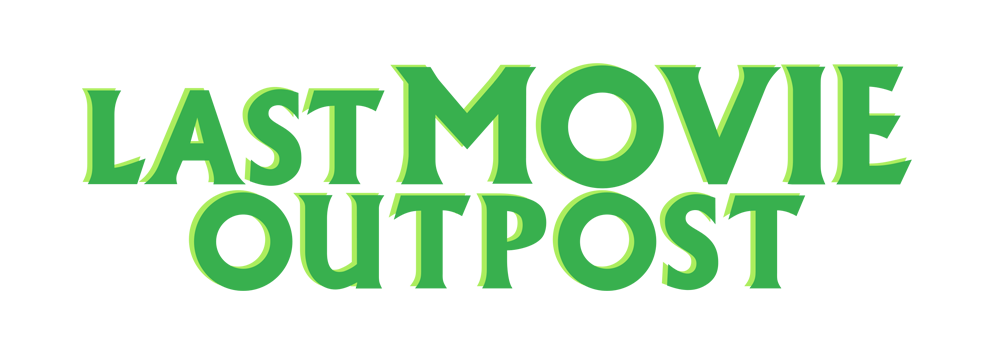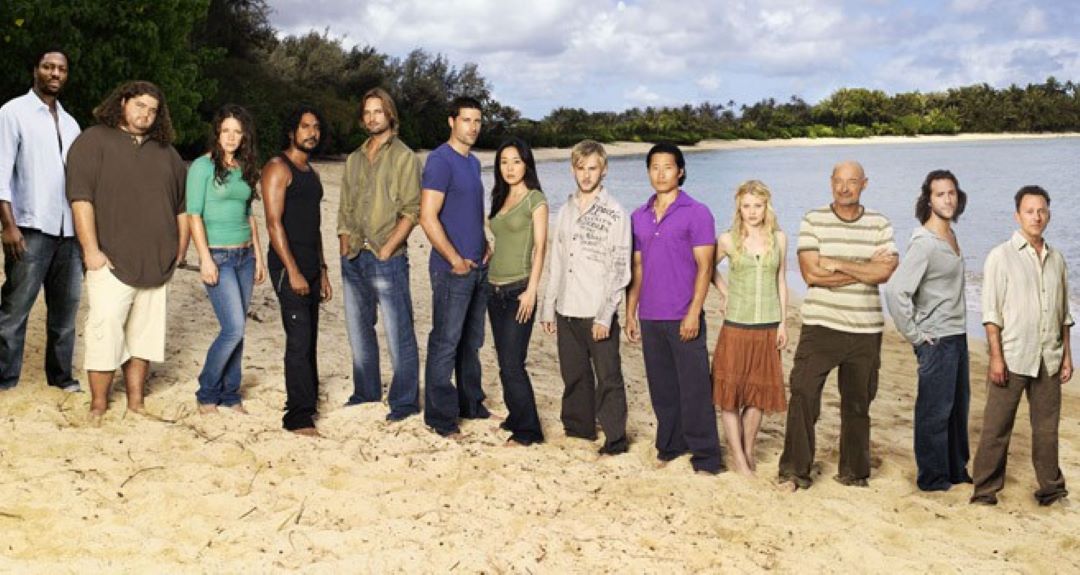Look at that header image and it reminds you that Lost is nearly twenty years old. Twenty years? Where the hell did that time go? I was watching it what seems like only a couple of years ago. Twenty years!?!? And look at them. That image looks like a Banana Republic advert. It is easy to forget that Lost actually ushered in a whole new generation of must-see, appointment TV with the audience uncovering the mystery with the characters, rather than as passive observers. Lost was huge, at the time, and discussed at water coolers the world over after each episode aired. It also gave us the first inkling that maybe JJ Abrams was not that great at endings.

Allegations have now been made that perhaps it wasn’t all a completely happy production. Maureen Ryan’s new book Burn It Down is released next week. In it, the veteran reporter, film critic, and contributing editor to Vanity Fair examines what she refers to as patterns of harassment and bias that are inherent and established within Hollywood. Once again the rest of the world finally getting caught up with Outposters. We have been talking about this stuff among us here for years.
Vanity Fair has reproduced some excerpts from the book, including a section on the ABC series. Showrunners Damon Lindelof and Carlton Cuse spoke to Ryan for the book to discuss claims of racial bias and writers’ room conduct on the show. One writer on the third season referred to the production as “nakedly hostile” and says she was “discriminated against on the daily”. It is also alleged that writers were told to focus on the hero characters of Locke (Terry O’Quinn), Jack (Matthew Fox), Kate (Evangeline Lilly) and Sawyer (Josh Holloway) who were all white, and that:
“…nobody cares about these other characters. Just give them a few scenes on another beach.”
Speaking with Ryan in response to the claims, Lindelof had this to say:
“My level of fundamental inexperience as a manager and a boss, my role as someone who was supposed to model a climate of creative danger and risk-taking but provide safety and comfort inside of the creative process – I failed in that endeavor.
I was like, OK, as long as there are one or two [writers] who don’t look and think exactly like me, then, then I’m OK. I came to learn that was even worse. For those specific individuals, forget about the ethics or the morality involved around that decision, but just talking about the human effect of being the only woman or the only person of color and how you are treated and othered — I was a part of that, a thousand percent.
The way that I conduct myself and the way that I treat other humans who I am responsible for and a manager of is a by-product of all the mistakes that were made… I have significantly evolved and grown, and it shouldn’t have had to come at the cost and the trauma of people that I hurt on Lost.”
Hollywood wakes up to the negative impacts of “Tokenism” just twenty years after the rest of us.




